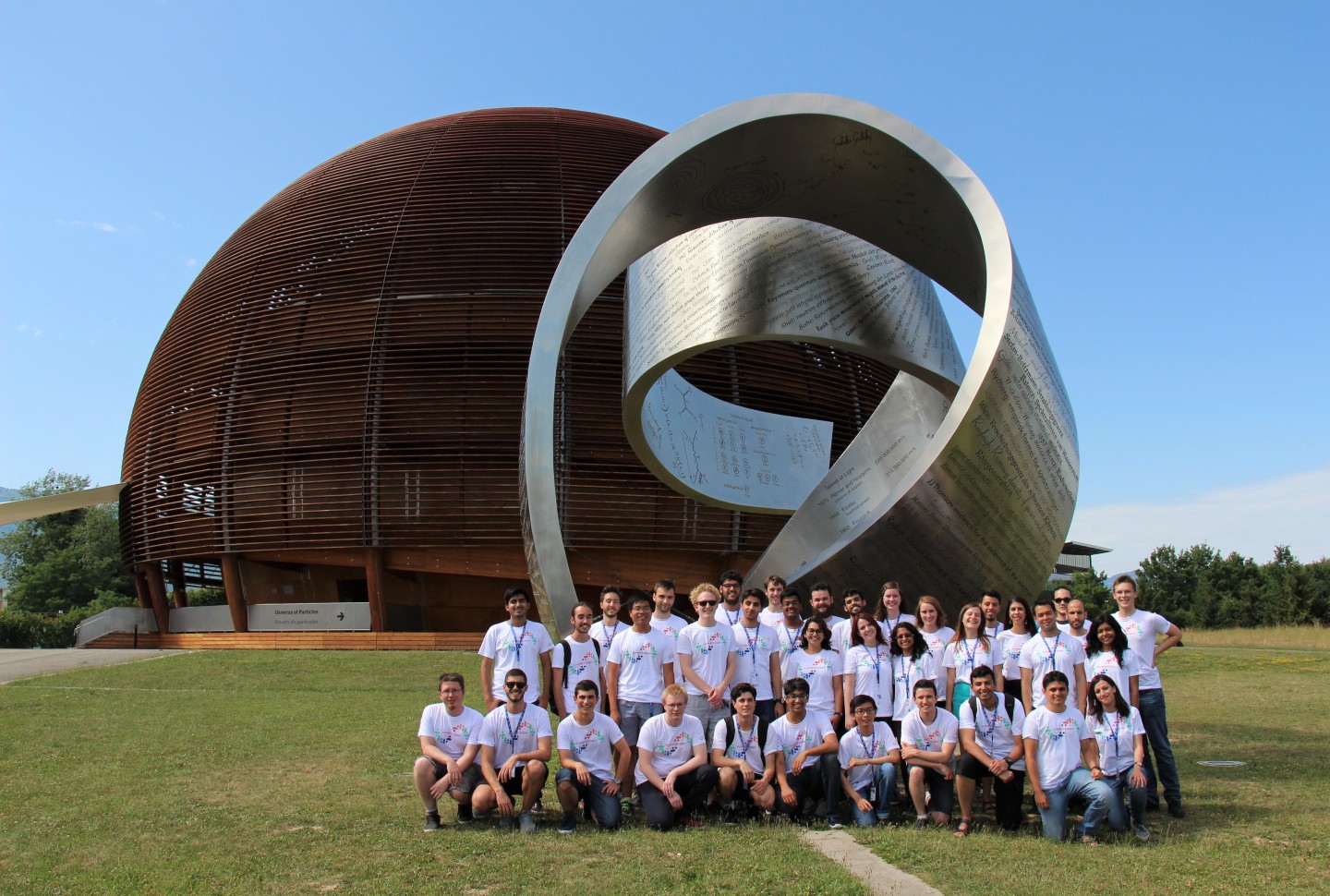CERN openlab and Intel are pleased to announce the winners of the Intel® Modern Code Developer Challenge. The announcement was made at ‘SC17’, the International Conference for High Performance Computing, Networking, Storage, and Analysis, in Denver, Colorado, USA. The competition featured students working on exciting challenges within both high-energy physics and other research domains.
Two winners were selected: Elena Orlova, for her work on improving particle-collision simulation algorithms, and Konstantinos Kanellis, for his work on cloud-based biological simulations.
The two winners were chosen from the highly competitive CERN openlab summer-student programme to take part in the Intel® Modern Code Developer Challenge. This competition showcases the students’ blogs about their projects — all of which make use of Intel technologies or are connected to broader collaborative initiatives between Intel and CERN openlab. You can find additional information about these projects on a dedicated website that also features audio and video interviews.
Find out more about the winners and their projects on the CERN openlab website.

